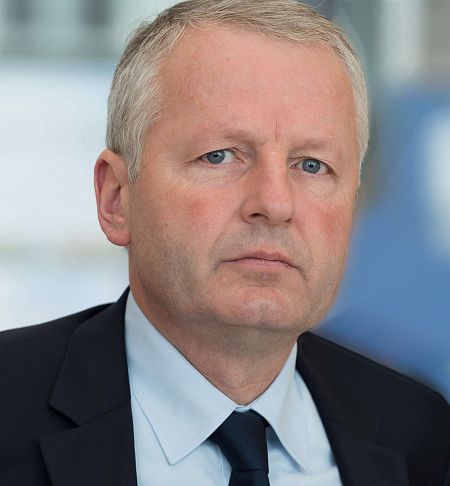PRELIMINARY MANAGEMENT SURVEYFROM THE CORONAVIRUS CRISIS |
|
It mainly targets the crimes of "endangering the life of others", "homicide and involuntary injury" and "failure to assist a person in danger". These complaints against X sometimes target by name officials of the administration, in particular the general director of health Jérôme Salomon, or even Public health France. Also included are the prison administration and the ministry of labor. The survey does not concern Ehpad These investigations, entrusted to the Central Office for the fight against damage to the environment and public health (Oclaesp), relate to the main grievances expressed since the beginning of the epidemic: protection at work, provision of masks and tests, etc. This national survey does not concern accommodation establishments for dependent elderly people (Ehpad), which are the subject of local surveys to date, including two in Paris, but also in Nanterre or Grasse (Alpes-Maritimes). This survey "is not there to define political or administrative responsibilities," explained Rémy Heitz, "but to uncover possible criminal offenses" of national decision-makers. With the exception of the Head of State, who is criminally irresponsible, and members of the government, whose responsibility falls to the Court of Justice of the Republic, hearing eighty complaints. "If there are criminal faults, they are very likely - it is a hypothesis - unintentional faults. However, the law sets precise conditions for establishing these crimes: it requires proof of a “qualified fault” which is not mere recklessness or negligence, ”explained the prosecutor. Combining these investigations will, according to the prosecutor, establish a common documentary fund on the state of scientific knowledge. Because "for this type of offense, the penal code says that we must assess the responsibilities" of the decision-makers "in the light of the means and knowledge they had at the time of the decisions," he stressed. The Paris prosecutor anticipates “considerable” work, in a “historic situation”: "This is the first time that complaints have been filed while the crisis is in full swing," he revealed, while until then "in major public health cases (contaminated blood, asbestos ...) , justice intervened well a posteriori ". |
|
| Andrew Preston for DayNewsWorld | |
 |
|




